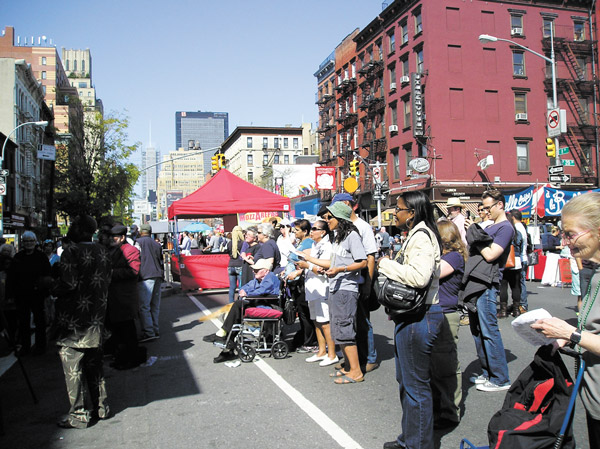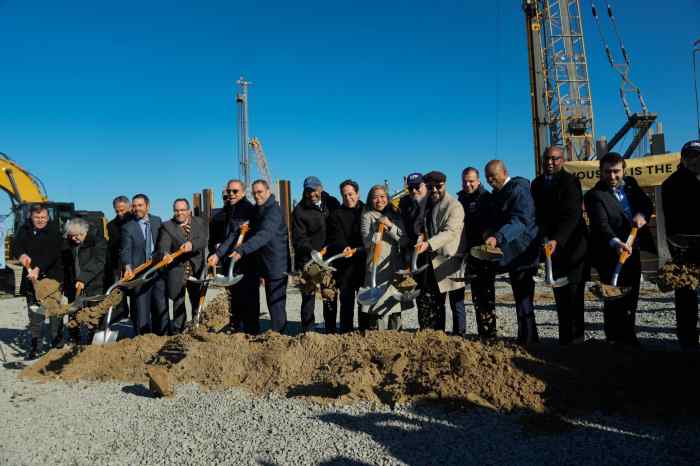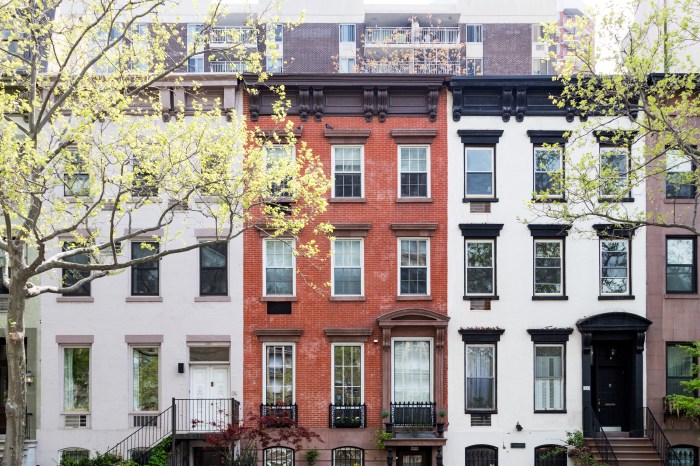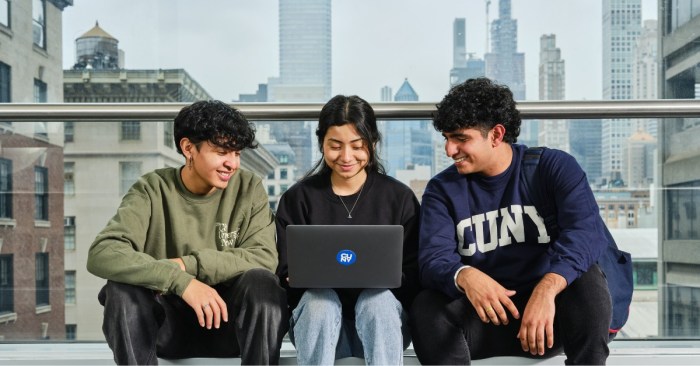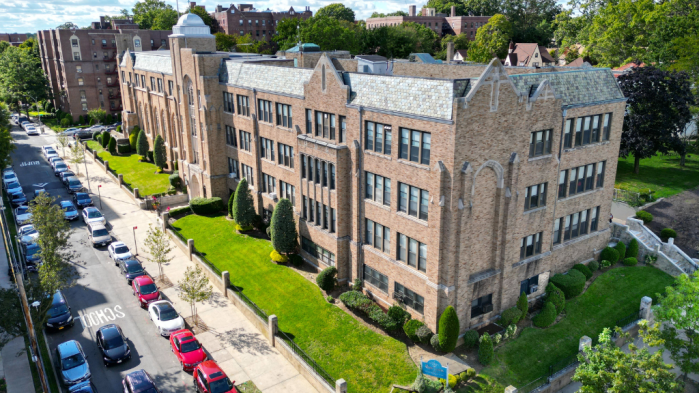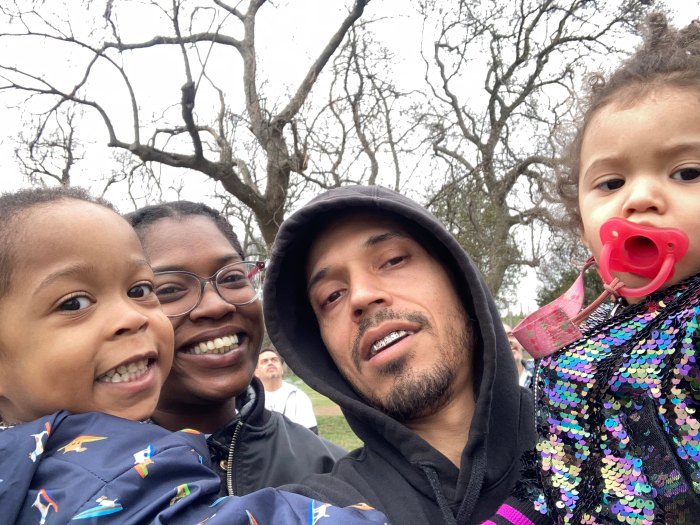Street fair season is back — and with it, the perennial issues surrounding this very public, and much-debated, feature of city life.
Community Board 2 (CB2), which includes Greenwich Village, annually has among the most street fairs in the city — and receives the most street fair applications.
These events, when small and locally based — run by block associations and community groups — are great for bringing neighborhoods together. However, many of the longer, multi-block street fairs are run by large operators, with the same “cookie-cutter” offerings at each one — i.e., sausages, funnel cakes, tube socks, wallets, etc.
These fairs clog our streets. Sometimes multiple fairs are occurring in the same neighborhood simultaneously, snarling traffic. Residents who need to drive cars onto their block, say, to pick up an elderly family member or drop off groceries, can’t. Emergency vehicles are impacted. Merchants are put out since the fairs rob their foot traffic and block views to their stores.
In recent years, CB2 has looked into whether the street fair applicants are legitimate and have any authentic local connection to justify their presence here.
A community board, though, lacks the power and time to probe each suspect organization. And the board’s opinion is advisory only. The deciding body, the city’s Street Activities Permit Office, doesn’t rigorously vet these groups — and that is precisely where the problem lies.
Further complicating matters, the city is now “bundling” several sponsoring groups together for individual street fairs. A number of street fairs in CB2, for instance, are now co-sponsored by St. Stephen/Our Lady of the Scapular Church and Chapel, on East 28th and East 33rd Streets — which, it also bears noting, are outside the Board 2 district.
As street fair applications recently came up for review, CB2 recommended denial for several groups it deemed “bogus or non-indigenous organizations.”
Among these were the Stonewall Veterans’ Association (which, CB2 charges, “is essentially one man and…provides no benefit to anyone else”), the International AIDS Prevention Initiative (which uses the fair’s funds to help, again, one man — but in L.A.! — travel abroad, plus had its 501c3 status revoked, CB2 says), the Village Crosstown Trolley (which advocates for an Eighth Street light-rail system, but which, “in 17 years…has provided no appreciable value to the district,” in the board’s view), and the Independent Downtown Republican Club (for which CB2 could find no proof of its existence). The board also rejected St. Scapular’s permit bid due its to having “NO relationship of any sort with CB2.”
As Maury Schott, chairperson of the board’s Sidewalks & Street Activities Committee, noted, the city doesn’t require these groups to show where the money from the fairs goes. And, Schott admitted, despite his committee’s efforts to vet these applicants for fakes and lack of local connection, it’s unlikely the city will deny any of them permits, except maybe — just maybe — the guy out in L.A.
“SAPO hadn’t investigated any of these applicants in years,” Schott said. At least, he added, in a step forward, SAPO will now require applicants to prove 501c3 nonprofit status.
Meanwhile, Williamson Henderson, director of SVA, vowed he will again prevail over the Board 2 “haters,” who have backed denying his fair in years past, as well.
“We’re very indigenous,” he told our sister publication, The Villager. “It’s an outrageous accusation to make [that we’re not].” SVA has an executive committee that meets monthly at the LGBT Center on West 13th Street, he said, plus a Web site with “over 5 million verified hits for 2012.”
Bottom line: CB2 shouldn’t have to screen all these groups for legitimacy and local connection. Unfortunately, though, no one else is providing any help or oversight.



